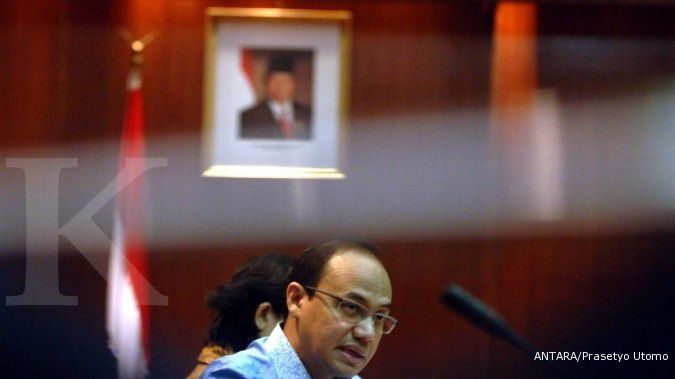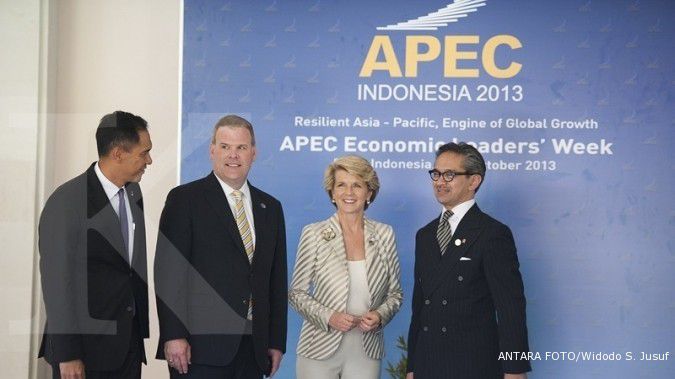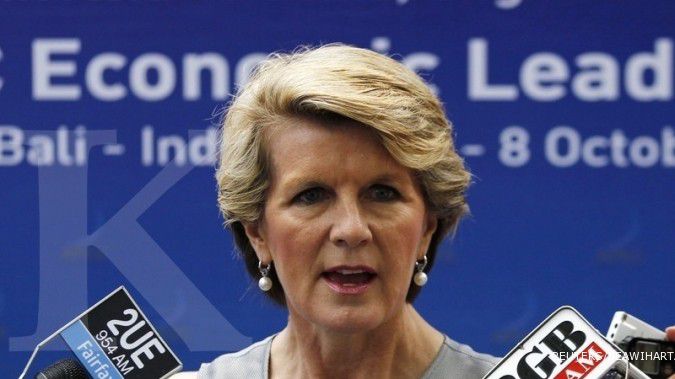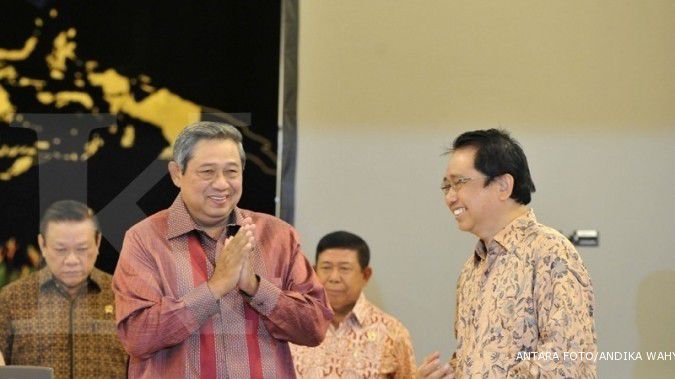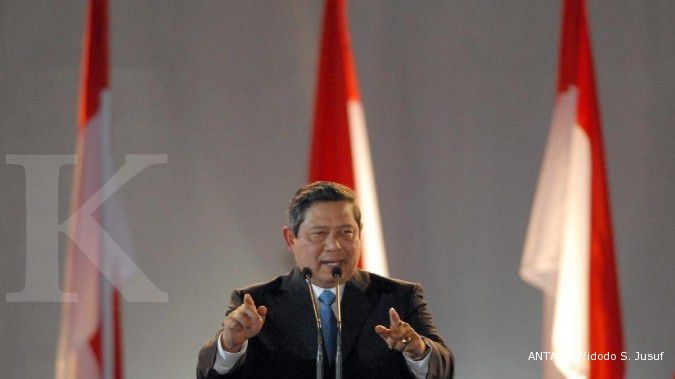JAKARTA. With Canberra pressing ahead with its hard-line policy of turning back asylum seekers to Indonesian waters, Jakarta told its neighbor on Wednesday the policy could lead to violations of Indonesia’s sovereignty and that it had increased security on its borders to prevent incursions.
A number of Indonesian Navy warships have been deployed and four Air Force defense radars have been programmed to closely monitor the southern border, military officials told The Jakarta Post on Wednesday.
“We are watching four radars in Timika, Merauke [in Papua], Saumlaki [Maluku] and Buraen [East Nusa Tenggara], which all face Australia,” Air Force chief spokesman Air Commodore Hadi Tjahjanto said.
“If we notice any border violations, our air base in Makassar will be ready. Australia is reachable from there.” Hadi was referring to the Sultan Hasanuddin Air Force Base in the South Sulawesi provincial capital, which is the base of the 11th squadron, consisting of 16 Russian-made Sukhoi Su-27/30 Flankers.
The Flankers have a maximum range of some 3,000 kilometers. The sea border lies some 1,000 km from Makassar. At Mach 1, or the speed of sound, the Flankers would reach the border in little over an hour.
Navy chief spokesman Commodore Untung Suropati confirmed that a number of warships had moved toward the Australian border. He said these included frigates, fast torpedo craft (KCT), fast missile craft (KCR) and corvettes as well as maritime patrol aircraft. He declined to reveal the precise number and location of the assets. “All the ships are on the move, patrolling the waters,” he said.
Tension between the two neighbors reached a new height Wednesday after Australian Prime Minister Tony Abbott said on the sidelines of the World Economic Forum in Davos, Switzerland, that stopping the boats was “a matter of sovereignty” and Jakarta should understand Canberra was taking the issue seriously.
President Susilo Bambang Yudhoyono, who suspended cooperation with Australia following allegations that it attempted to spy on him and members of his inner circle, skipped the Davos meeting to oversee the handling of recent nationwide flooding and the eruption of the Mount Sinabung volcano.
Abbott’s statement came only days after Australia admitted that its naval ships had entered Indonesian waters. It later apologized to Indonesia for the incursion.
Political, Legal and Security Affairs Minister Djoko Suyanto said it was Australia that should respect Indonesia’s sovereignty, “which was violated by the Australian navy.”
“Asylum seekers that have entered a country, including Australia, must be managed according to the UN Convention on Refugees,” he asserted in a written statement.
Australia is a signatory to the convention. He added that the country concerned must also handle the problem in cooperation with the United Nations High Commissioner for Refugees (UNHCR) or the International Organization for Migration (IOM).
Yudhoyono’s foreign affairs spokesman Teuku Faizasyah said, “A violation of our national territory for any reason cannot be tolerated.”
“If Prime Minister Abbott asks President Yudhoyono and the Indonesian people to understand Australia’s seriousness with regards to its sovereignty, in the same vein, Indonesia also asks Australia to understand our firm commitment to our vital interests.”
Novan Iman Santosa contributed to the story. (Bagus BT Saragih and Ina Parlina)
/2011/02/20/5614037.jpg)
